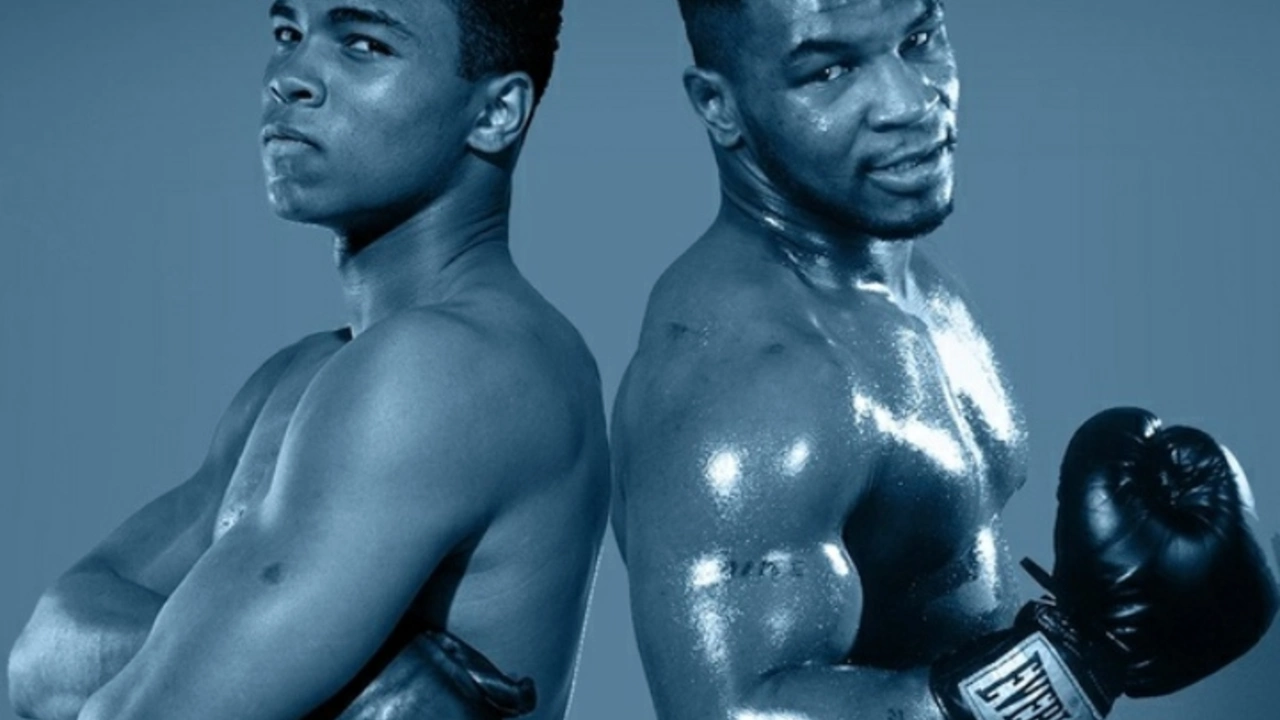Rigged Fights: The Hidden Side of Sports Competition
When people talk about rigged fights, they refer to contests where the outcome is pre‑arranged, often for money or influence. Also known as match fixing, the practice skews the very idea of fair play and can ruin a fan’s trust in seconds.
The first thing to understand is that rigged fights don’t just happen in underground rings; they bleed into mainstream leagues, boxing rings, and even e‑sports. Match fixing involves athletes, promoters, or officials colluding to decide a result before the whistle blows and is often fueled by illegal betting markets. A single fixed bout can trigger a cascade of betting scandals where large sums of money move through shady bookmakers to profit from the pre‑set outcome, prompting law enforcement and sports bodies to intervene.
Why Do Rigged Fights Occur?
Money is the obvious driver, but the motivations run deeper. Some athletes face pressure from organized crime groups that promise financial security in exchange for a predetermined winner. Others succumb to personal debts or the lure of quick cash, especially when career longevity is uncertain. Clubs and promoters may also manipulate results to boost ticket sales, TV ratings, or sponsorship deals, believing a dramatic finish will draw more eyes.
These incentives create a dangerous feedback loop: the more profit that flows from a fixed fight, the more likely other matches will be tampered with. This loop erodes sport integrity the principle that every contest should be decided by skill, effort, and fair rules. When integrity falters, fans disengage, sponsors pull out, and the entire ecosystem suffers.
Regulatory bodies like the International Olympic Committee, national anti‑doping agencies, and gambling commissions try to break that loop. They set strict reporting guidelines, conduct audits, and impose hefty fines or bans on anyone caught. Yet enforcement can be patchy, especially in lower‑profile leagues where oversight is weak.
One practical way to spot a potentially rigged fight is by looking at betting patterns. Sudden spikes in wagers on a specific outcome, especially from a single geographic region, often raise red flags. Media outlets and watchdog groups monitor these anomalies, publishing investigative pieces that bring hidden schemes to light.
Understanding the mechanics of rigged fights also helps athletes protect themselves. Education programs teach competitors how to recognize approaches from fixers, how to report suspicious offers, and how to secure their finances legally. The more aware the community, the harder it becomes for fixers to operate in the shadows.
In the sections that follow, you’ll find real‑world examples, expert analysis, and actionable tips that illustrate how rigged fights shape today’s sports landscape. From boxing controversies to e‑sports betrayals, the collection below unpacks the truth behind the headlines and gives you the tools to stay informed.
Were some of Muhammad Ali's fights rigged?

